- #all
- #banking
- #biometrics
- #business
- #culture
- #digital identity
- #elections
- #ethics
- #facial recognition
- #fingerprint recognition
- #government
- #iris recognition
- #NIST
- #onboarding
- #online elections
- #technology
- #trust
- #UX
- #voice recognition
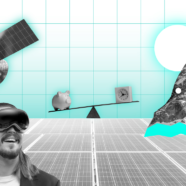
VR travel, space data or energy: how far can the sharing economy go?
Luxurious cars, electric bikes, or extravagant vacation homes – thanks to the sharing economy, you can have all these things without “having” any of them. But how far can this trend stretch? Let’s explore how the sharing economy will shape industries in the coming years.

How to apply colour psychology in the redesign of biometric applications
Biometric applications should not only be technologically advanced, but also as easy to understand and navigate as possible. Delve into how Innovatrics applied colour psychology principles in the ABIS redesign, creating a consistent visual language and simplifying tasks for thousands of users.

Designing a technology that detects falls in nursing homes and the homes of the elderly
Over 25% of individuals aged 65+ fall each year, but fewer than half report it to their doctor, increasing the risk of recurring falls. These falls often result in injuries, hospitalisations, and emotional distress. Attentify, part of Biometric Ventures, tackles this issue by aiding caregivers in fall detection at home or in professional settings.
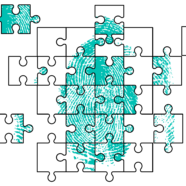
The magic of synthetic data: How nonexistent fingerprints help identify real criminals
To train a viable AI model, you need data. Lots of it. But what do you do if there just isn't enough? Simple: you make some up. Or, to put it in fancier terms, you “generate synthetic data”.

TV vs reality: The investigative work crime shows fail to reflect
If you want to become a criminal investigator or wonder what a real crime scene looks like, let this article be your reality check.

We collect and analyse fingerprints to better understand the needs of law enforcement
Inside the Innovatrics forensic lab, you will find a mix of high-tech fingerprint gadgets and traditional brushes and powders for lifting fingerprints.
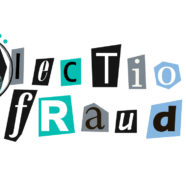
Five questionable cases of election fraud and how they could’ve been avoided
Deceased people still registered to vote, bad ballot design or even honest mistakes can raise eyebrows about the integrity of elections. Even more so in these times, when it has become easy to enrage the masses into believing the system is crooked – as we saw in the US after the 2020 presidential elections, when […]
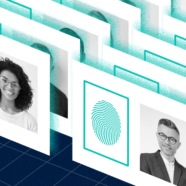
Fast, compact and standardised: the Minex benchmark’s potential for improving elections everywhere
Contributor Imagine being in charge of building a list of all eligible voters in your home country from scratch – a task crucial for preserving democracy. Yet there is almost no starting point of reference because the citizen registry is incomplete and riddled with duplicates, minors or deceased people. You and your team opt for […]
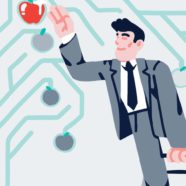
Seeing past the marketing fluff: How to identify trustworthy biometric providers
Today, the main risk of using biometrics is not inaccuracy, but ensuring the protection of sensitive personal data. Any potential intrusion of privacy, real or perceived, risks the reputation of the companies using the technology, and has the potential to seriously damage customer trust.

Data ethicist Juraj Podroužek: “I think it’s correct to have some red lines that set out areas where AI should not venture.”
Technologies are not value-neutral; they are imbued with the values of their creators. How can the ethical values that society deem important be reflected in technologies?








